"Experimentos con gaseosa" benefits of Localization in Playtesting phases when developing a videogame or app!
"Experimentos con gaseosa" benefits bringing Localization in Playtesting phases when developing a video game or app!
My father is a master Chef preparing paellas. He's great! Every time we have a birthday in the family we all look forward with great emotion to the paella that he's carefully crafting! This one that you can see in the photo my father prepared it for us on its 79th birthday! It was delicious! But his skills to cook paella was not always like this; my father is very keen on experimenting with food recipes until he finds the perfect flavor,, and of course, there have been many situations in recent years in which the result has not been the expected, and I remember my mother sometimes shouting "¡Los experimentos se hacen con gaseosa!" (The experiments are done with soda)
Basically that expression so Spanish what it means is that there are occasions that it is not convenient to innovate, to risk and that it is better to play safe. But of course, it is not always like that, because then there are other occasions that it is necessary to do something, try it or improve it. Either to improve the recipe of the paella ... or to improve the recipe for our video game (or app in general).
And experiments are necessary to find the perfect balance between quality, functionality and of course monetization.
In the world of video games (or apps) this phase of experiments with soda is called PlayTest. And it is the most important phase in the software development process. In the next paragraphs I will explain how this is approached and why Playtest are useful for the Localization process.
There are typically 3 big milestones in the release of a game:
- Playtest,
Source: kummara.com
- Soft Launch and
- Hard Launch
I’m going to focus today in the Playtest phase. Playtest phase gives an extraordinary opportunity to Localization teams to polish internal processes and choose/adapt the best localization strategy to follow.
Some ground rules first, what’s Playtest?
“In the video game industry, playtesting refers specifically to the process of exposing a game in development (or some specific parts of it) to its intended audience, to identify potential design flaws and gather feedback. Playtests are also used to help ensure that a product will be commercially viable upon release, by providing a way for consumers to play the game and provide their opinions. Playtesting should not be confused with Quality Assurance (QA) testing, which is the process in which professional testers look for and report specific software bugs to be fixed by the development team”
Playtest it’s a crucial component for the game team to understand several different indicators
- is the game we are creating seriously fun :)? This might mean later good retention metrics (yay! Show me the money!)
- It’s also a good opportunity to measure how different monetization strategies work.
- Last but not least, Playtest is great for:
o ideas generation,
o identify problematic areas
o and to solve design arguments
These are benefits from a game team perfective, however for Localization teams this is also a great opportunity!
About one decade ago the projects I was involved were quite different, with very obvious differences.
Specially, because a few years ago the preferred method for software development was the waterfall methodology. For me this meant that we did not have any feedback about our quality in Localization (or about the process) until the very very very end. However, now the situation is quite different!
Let me summarize in the next 5 bullets the main benefits that I see when Localization teams are engaged in the Playtest phase.
1. Is your game prepared to be launch world-wide?
Playtest represents a unique opportunity to prepare your game to be later adapted to different languages and regions. Quite often a game is created from English and then when it comes to localize Asian languages many problems will pop up related to missing characters/fonts. During Playtest, we can work together with devs to ensure the game is prepared to receive future translation in different set of characters, or even RTL interfaces! In this phase the key will be to extract the UI strings from the app code (resource files) and prepare multiple resources files. This will help us to have one res file per language and please never, never, never!! hard-core texts in the screens. That’s very time consuming and ineffective practice. The best practice here is creating a res file to be localised.
2. Are you writing slang English?
Sometimes the content of the game it’s too slang or very local market oriented. This will represent a great challenge in the localization phase. In this very early phase of game developing it’s crucial to have a look to the English content generated and provide feedback about:
- vocabulary,
- use of jargon
- or grammar rules.
Leonardo da Vinci said “Simplicity is the ultimate sophistication”, and in the software industry, this principle is also achievable.
The goal of this phase is aim to create content easy to understand.
3. Top-notch UI
Different studies in the Localization industry agree that as average localised languages are 30% longer (or even more! Checkout this nice article from Venga Global) compared to English source text. Therefore, Playtest represents a good opportunity for Localization to check that plenty of room is available for text expansion.
4. Which Localization vendor should I use?
The numbers of MLV or SLV available to localize a game is quite overwhelming.
What’s the best localization partner I can use for my game?
Playtest phase provides an excellent opportunity to improve and polish the relationship with our preferred vendor. This benefit is especially important if we are starting to work with a new vendor.
Since Playtest will focus on the translation of a small number of languages (usually 1-2) this is a good opportunity for Localization teams to monitor and give feedback to the vendor. This effort will help to increase the know-how of your loc partner and it will be easier to cascade this know-how to the next tier of languages. Playtest can build a solid foundation for the relationship publisher-localization vendor.
5. Glossary Management
If during the early phases of game development, we can have an approved terminology this is going to avoid many problems in the future; because no one understands game specific terminology, what terms remain in English, and what needs to get translated better than the people who actually work in that game. Spending time consolidating glossaries will reduce the number of inconsistencies. I’ve been involved in projects when you are given a glossary where there are multiple/different entries for a given term, and these projects are always a nightmare. Great frustration when we use different words to refer the same. Playtest helps Localization team to get a better signoff process for glossary management.
Unfortunately, the involvement of Localization team is still towards the end of game dev lifecycle in many cases, however, there are many benefits as explained above when Loc teams are included in the lifecycle from Playtest to Hard launch.
Localization is key in the expansion of your game (or app) to global markets, why don’t you benefit from the wise of the language freaks since the beginning? Shall we talk? :)
By the way, the paella was yummy and this toasts not with gaseosa but with artisanal beer is dedicated to all of you!!! 😃
Have a wonderful day!
@yolocalizo

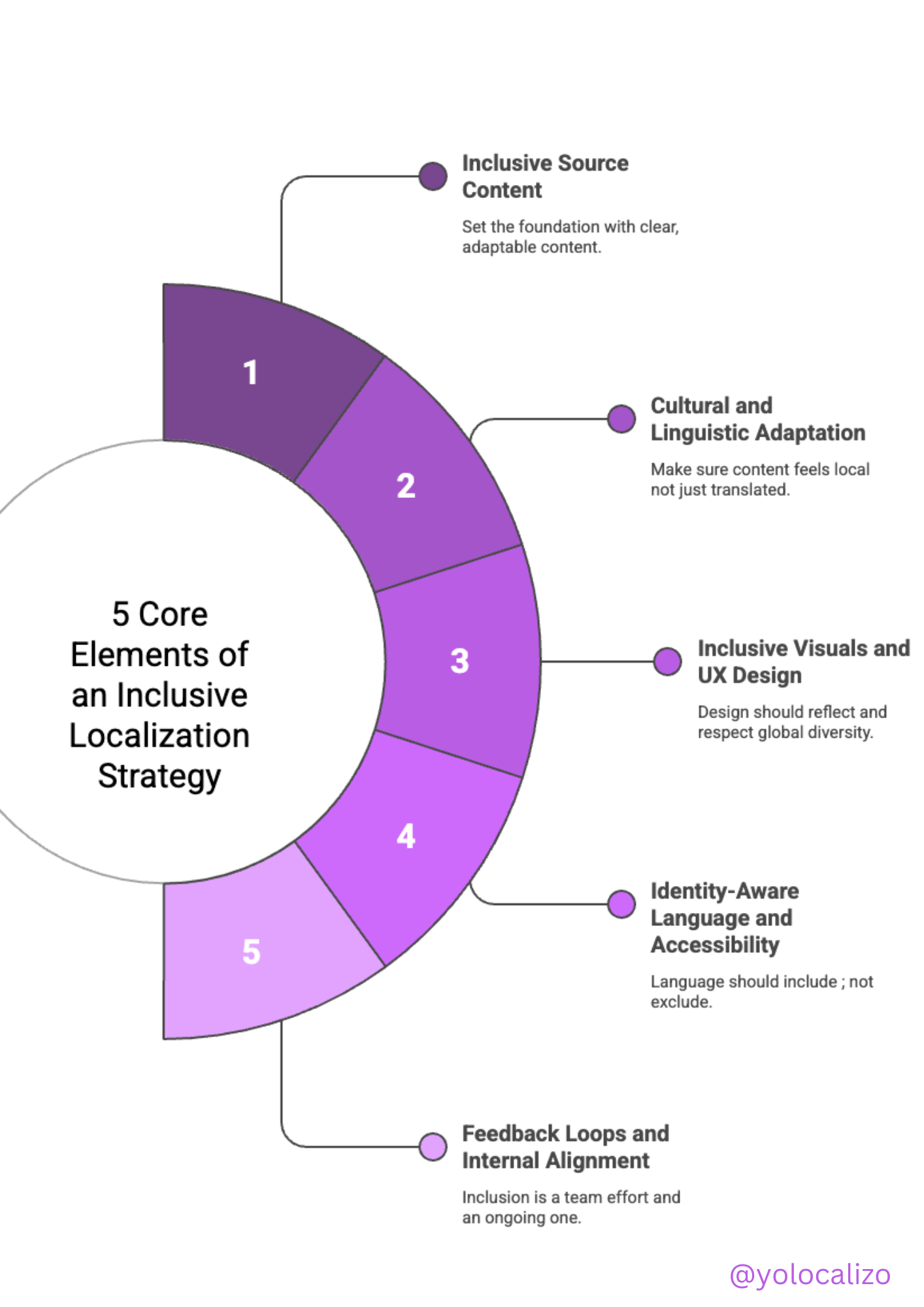

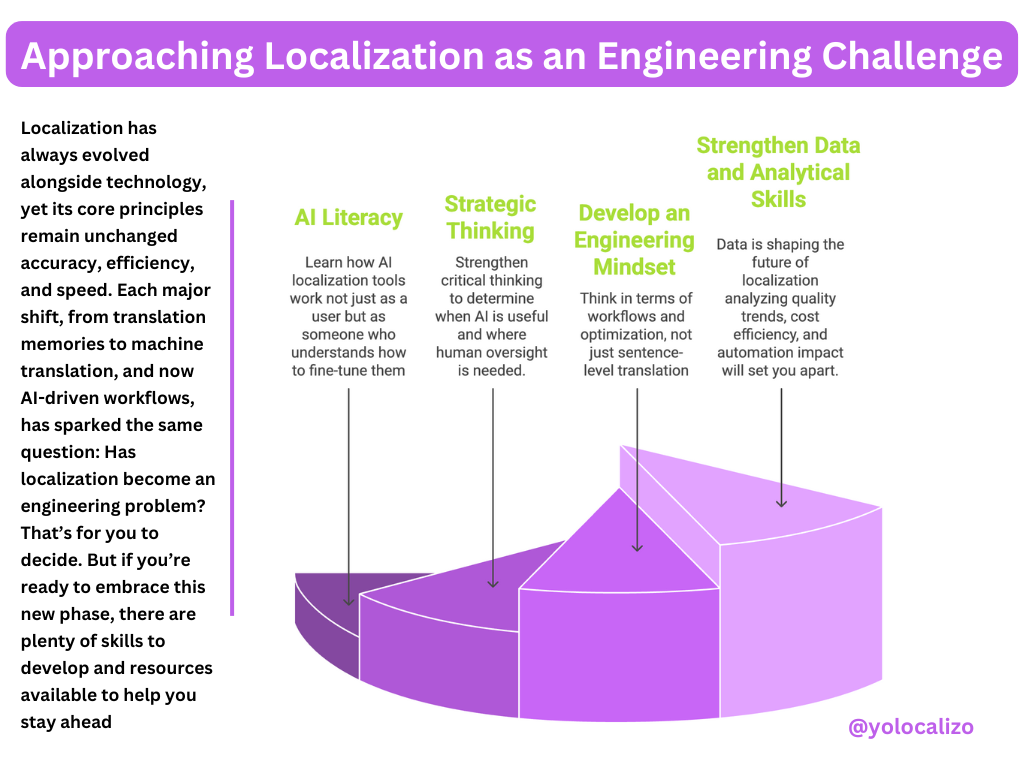
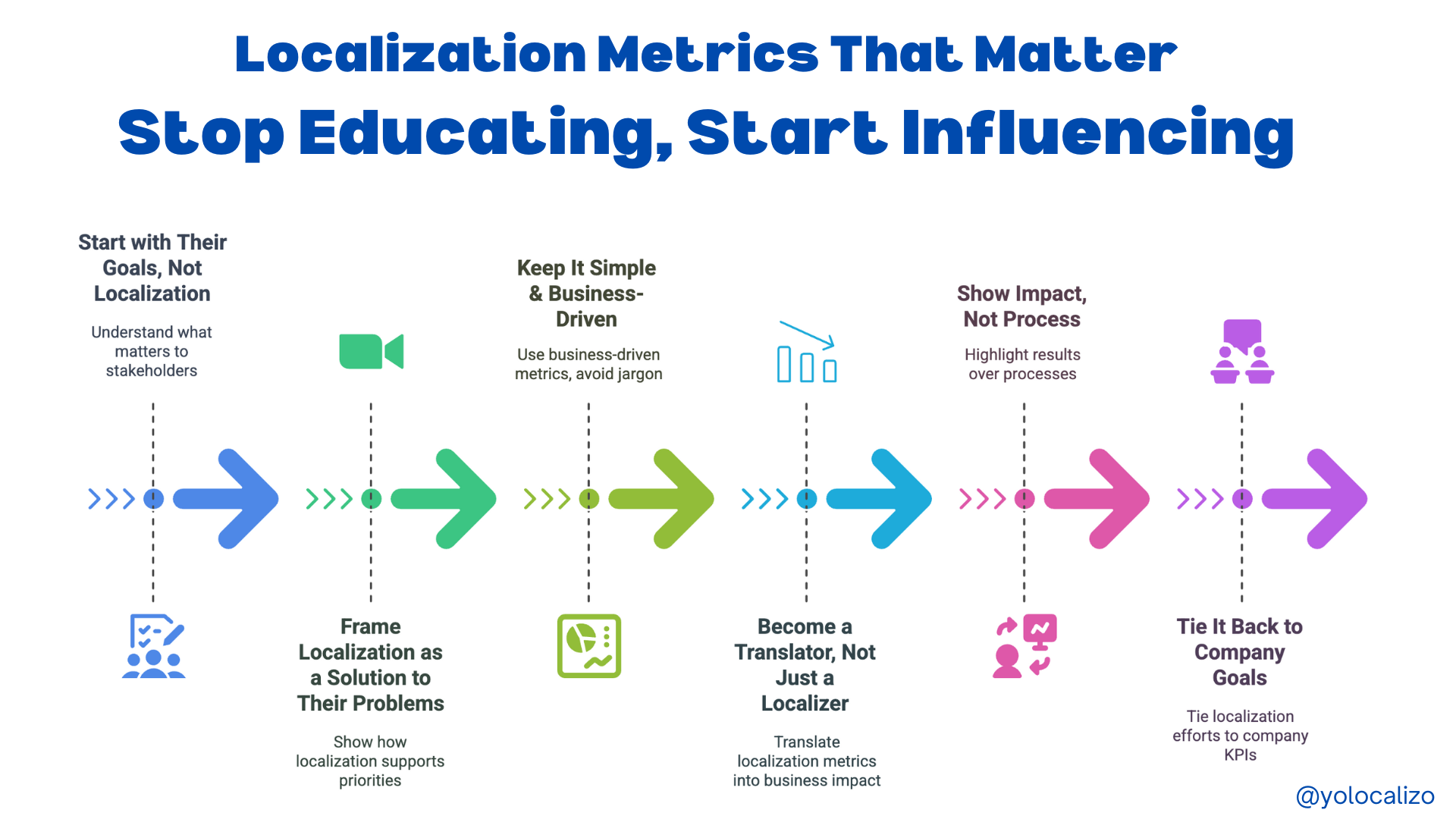


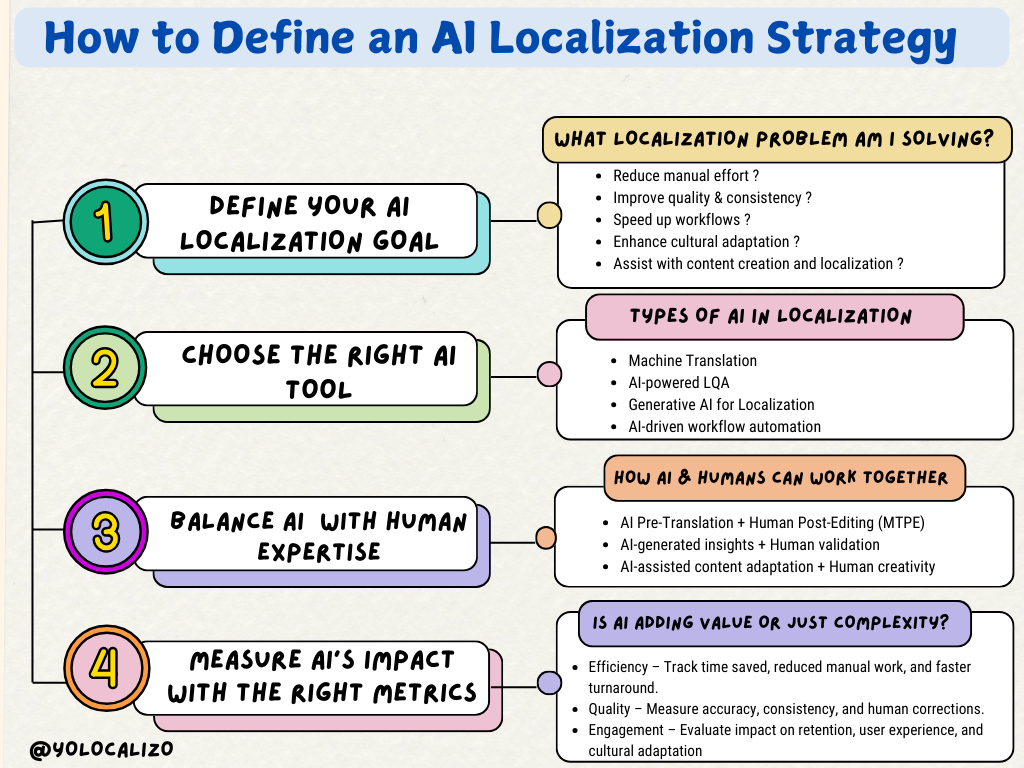




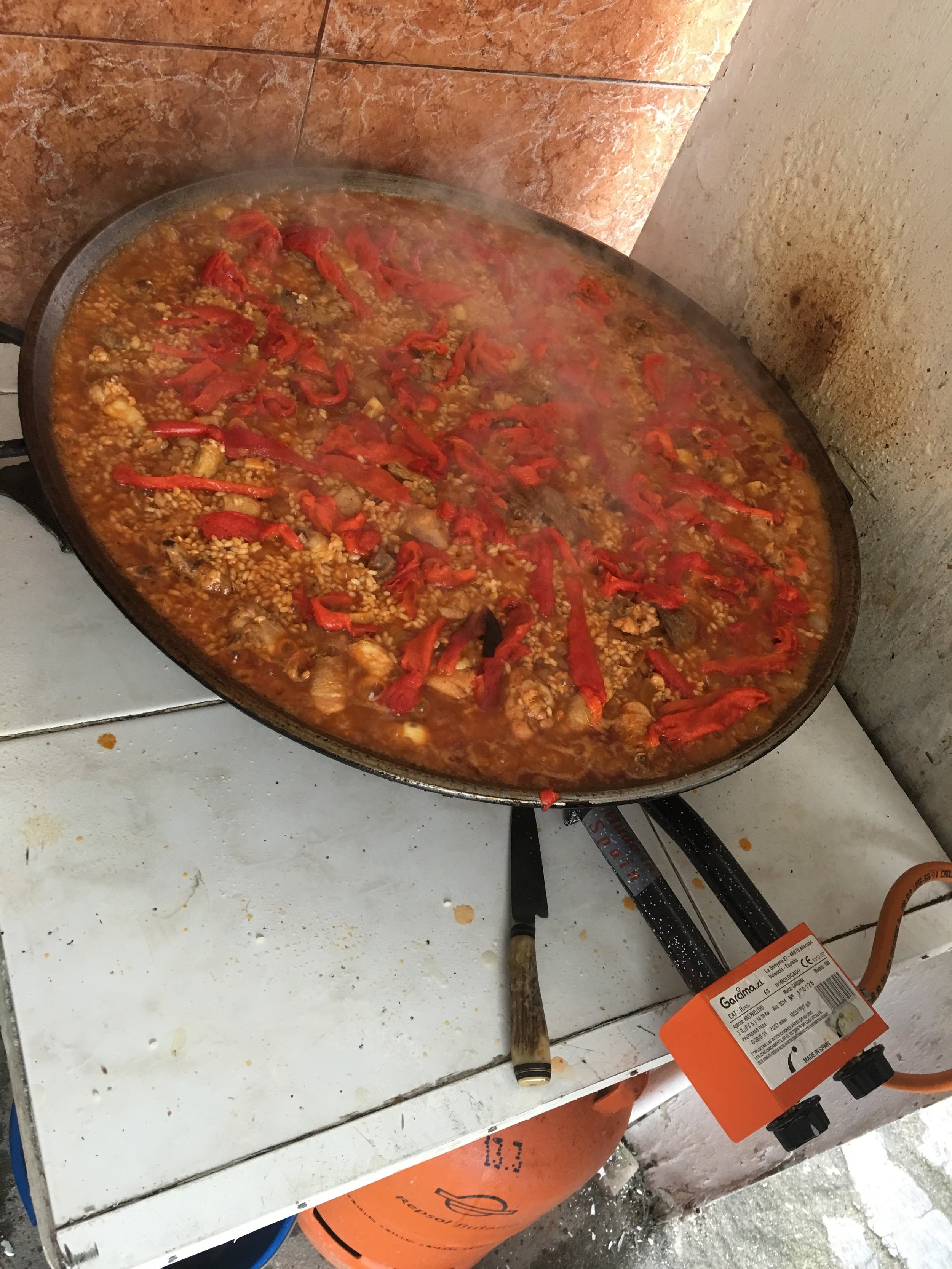
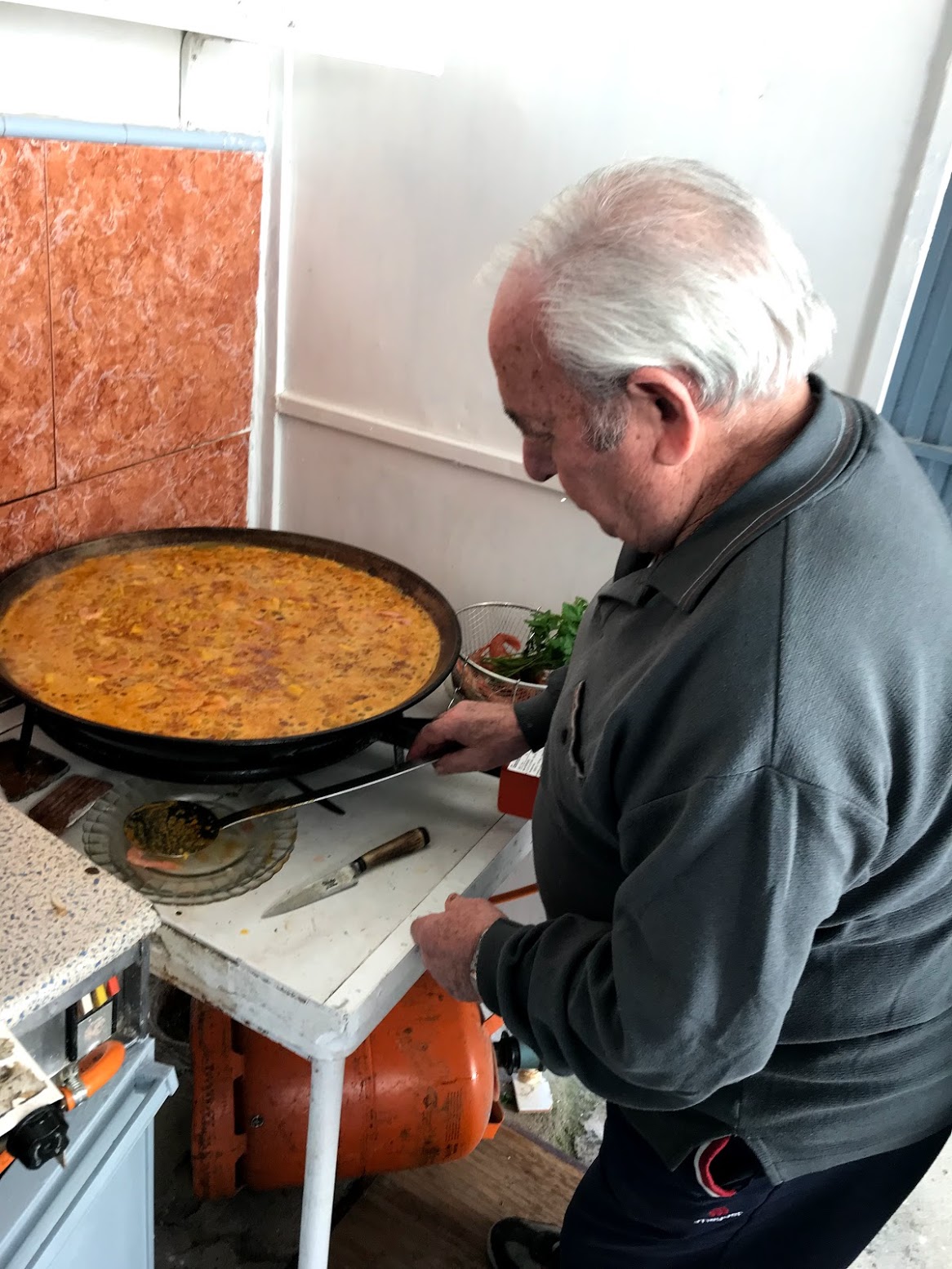





Before jumping on the AI bandwagon: What localization problem are you trying to solve? AI is everywhere right now, including in localization.
But before jumping on the bandwagon, we need to stop and ask:
Are we solving the right problem?